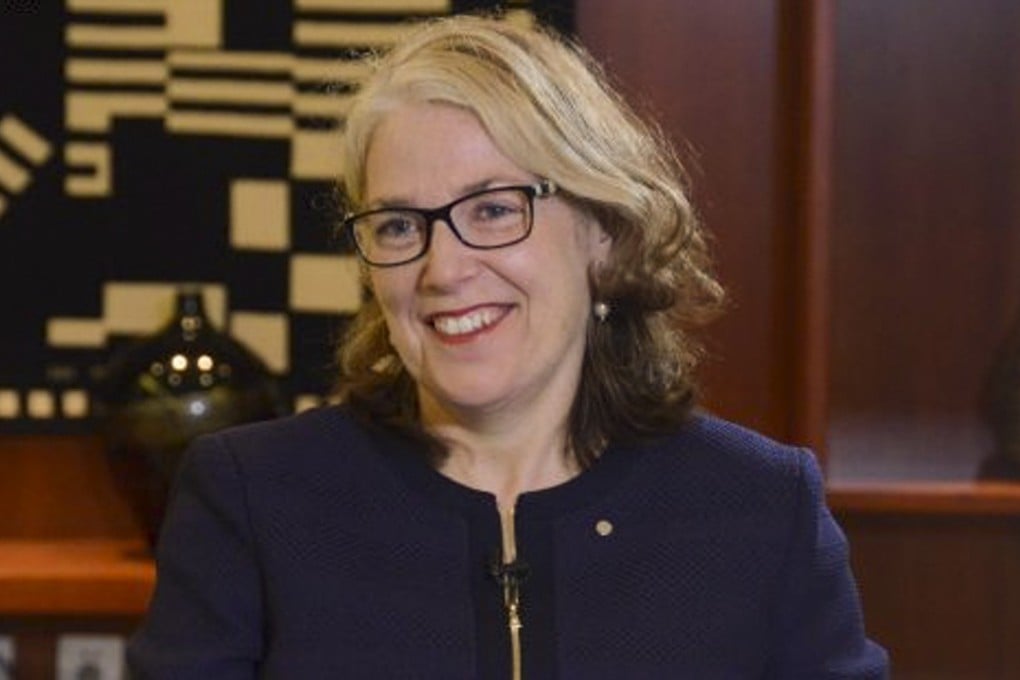Australian ambassador summoned to China’s foreign ministry as row over political interference intensifies
Two sides have been at loggerheads since Prime Minister Malcolm Turnbull expressed concern about possible meddling in Australian politics

Australia’s ambassador to China was summoned to the Chinese Ministry of Foreign Affairs as tensions rise over Canberra’s complaints about alleged political interference, officials in Beijing said on Thursday.
Jan Adams was summoned to the ministry on December 8, a source said.
Chinese foreign ministry spokesman Lu Kang confirmed the ministry had an “important discussion” with the Australian ambassador.
“The Australian side should be very clear about China’s position on the relevant issue,” Lu said on Thursday.
Earlier this month Australia Prime Minister Malcolm Turnbull voiced his concerns about reports that China was trying to interfere in the country’s university campuses and politics. He also announced new laws to ban foreign donations to political parties.
Beijing hit back last week, denying that it had tried to buy political interference. It said the reports were irresponsible and criticised Turnbull for poisoning bilateral relations.